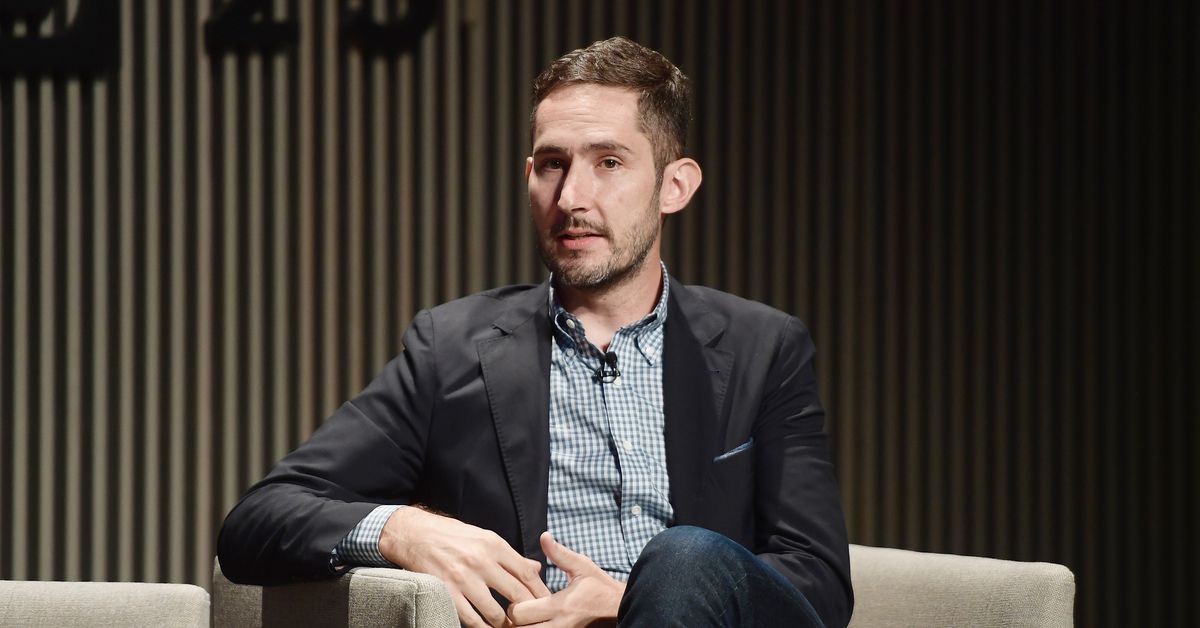Instagram founders say selling to Facebook didn’t reduce competition among social networks

Talk of regulating Silicon Valley has dominated this year’s SXSW festival in Austin, with Sen. Elizabeth Warren’s (D-MA) pledge to break up Amazon, Apple, Google, and Facebook becoming a topic of conversation in almost every high-profile, tech-focused panel here.
A sit-down with Instagram co-founders Kevin Systrom and Mike Krieger this afternoon was no exception. The entrepreneurs sold their company to Facebook, worked there for years, then abruptly left last September amid reported concerns over their autonomy and the future direction of the photo-sharing social network. Additionally, Facebook CEO Mark Zuckerberg last week announced a new, privacy-focused shift for the company that would see its disparate messaging products combined to form a unified service.
Neither Systrom nor Krieger were eager to outright criticize their former employer; the closest we got was Systrom saying that a loss of autonomy was a natural byproduct of Instagram’s growth. But both did respond to questions from TechCrunch editor-at-large Josh Constine on whether technology companies should be broken up and, in particular, whether selling to Facebook ultimately harmed both competition and users. The short answer: no, and in fact, the acquisition only helped users by letting Instagram expand as fast as it did, Systrom says.
“Here’s the thing: if Instagram hadn’t been sold to Facebook, and went away, then that’s an example of a merger or acquisition happening and reducing competition,” Systrom said, adding that internal competition among Facebook, Instagram, and WhatsApp led to better ideas. “What consumer was damaged because Instagram grew to the size that it did? I think [Instagram’s size] is a strong argument that the acquisition helped users.”
Systrom was quick to point out that he’s not an expert in antitrust. And, to be fair, it’s not difficult to argue that Instagram’s breakneck growth under Facebook ownership could have stifled competing photo-sharing apps from catching on. But Systrom says that, more generally, he’s skeptical that calls to break up tech companies are real solutions and not just empty promises to capitalize on the mounting anti-tech movement he sees brewing in Washington.
“Being big in and of itself is not a crime,” he said. “My fear is that a proposal to break up all tech is playing on everyone’s current feeling about anti-tech rather than doing what politicians should do, which is address real problems with real solutions.
Krieger similarly thinks there’s a lack of nuance in the discussion around regulating tech platforms and rolling back acquisitions. “Breaking up tech and having those conversations, I think those will go better and lead to better policy if we’re really specific about the problems we’re trying to solve,” Krieger said. He added that policymakers need to clarify what the issues are and what we may want to achieve through regulation. “Amazon selling white label products is much different than Facebook owning Instagram.”
It’s not clear what Systrom and Krieger plan to do next. Constine prodded both men at the end up of the panel discussion to give the audience even just a tiny hint, and neither took the bait. (They’re both apparently just now exploring some potential new ideas.) But what is clear is that the Instagram founders are perhaps less disgruntled about the path their company took than their sudden departures would have us think. “I think for Instagram to get to the stage that it did is an incredible thing for the world and an incredible thing for users,” Systrom concluded.
https://www.theverge.com/2019/3/11/18260607/instagram-facebook-regulation-acquisition-sxsw-2019-kevin-systrom-mike-krieger